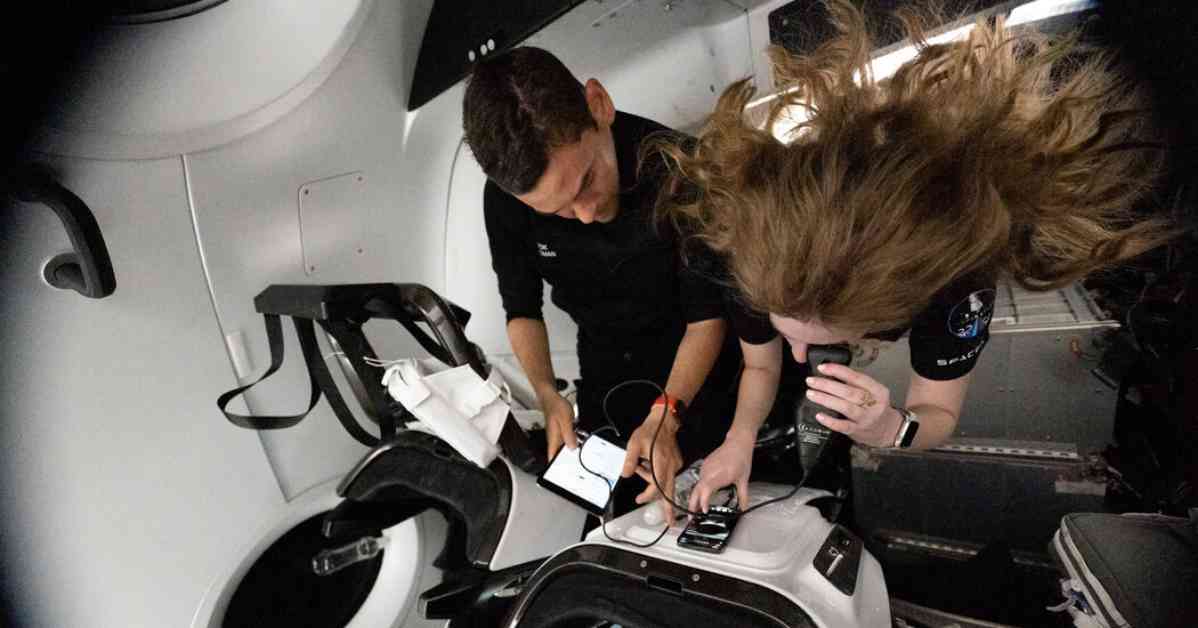Three days in space can have a significant impact on astronauts’ bodies and minds, according to a recent study on the private Inspiration4 mission in 2021. The research, published in the journal Nature, revealed that the four crew members experienced temporary cognitive declines, stressed immune systems, and genetic changes in their cells during the mission.
The crew members of Inspiration4, led by billionaire entrepreneur Jared Isaacman, were not professional astronauts but rather individuals from diverse backgrounds. This unique mission allowed researchers to conduct extensive medical experiments on the crew, collecting samples of blood, urine, feces, and saliva to analyze the effects of space travel on the human body.
Despite the changes observed in the astronauts, most of the alterations reverted to normal once they returned to Earth. This suggests that the effects of space travel, even on a short trip, are reversible and do not pose significant risks to future space travelers. However, the study also highlighted the gaps in our understanding of how space affects human health.
Christopher Mason, a professor involved in the research, described the study as the most comprehensive examination of a crew’s health during a space mission. The data collected from the Inspiration4 mission has been made available in an online archive called the Space Omics and Medical Atlas (SOMA), providing valuable insights for future space exploration.
While the data collected is anonymous, the small size of the crew members on Inspiration4 means that their identities could potentially be deciphered. This raises concerns about the privacy of astronauts participating in medical experiments during space missions.
Overall, the study sheds light on the physical and mental changes that occur in astronauts during space travel and emphasizes the need for further research in this area. Understanding how space affects the human body is crucial for ensuring the health and well-being of future space travelers as we venture into the cosmos.





















